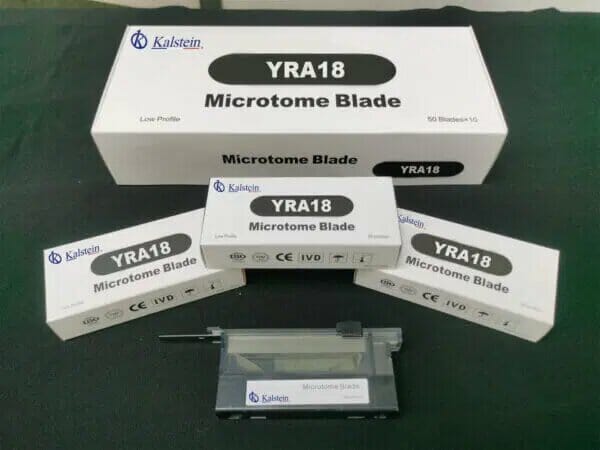Blood reagent testing is an important procedural practice for medicine that provides a range of information useful in diagnosing a patient’s health. Medical professionals rely on blood reagent testing to identify and treat underlying problems that may affect a patient’s health and well-being. Due to constant advances in medicine, there are advanced techniques and practices to properly perform blood reagent testing with increased accuracy and sensitivity.
Blood tests are the most common form of laboratory testing. These tests are often used to determine a person’s general health status, to evaluate a specific disease, and to detect and monitor diseases, as well as to establish vaccination status. The results of these tests can help a physician diagnose a disease, as well as rule it out. Today, testing protocols are well standardized and the degree of reliability of these results has allowed for the timely diagnosis and successful treatment of detected pathologies.
One of the main challenges in advanced testing of blood reagents is to minimize errors and maximize accuracy. One of the methods to obtain accurate results is the use of confirmatory testing. This means that a second test must be performed on the same clinical material to confirm the findings of the first test. This second test can be a complementary test, or it can be a green label oil study. As a principle of analysis, it is always advisable to repeat the analysis of the samples at least once.
What care should be taken when testing blood reagents?
The performance of blood reagent tests also includes the use of capillary extraction methodologies. Capillary collection allows medical professionals to obtain blood samples more accurately. In addition, these samples are more likely to remain intact, reducing the risk of misinterpretation of results.
In addition to capillary collection, medical professionals can improve the accuracy of blood reagent testing through the use of advanced techniques. These techniques include molecular biology, flow cytometry, and histochemistry. These are techniques that allow healthcare professionals to analyze the DNA and tissue composition of subjects. These techniques provide more information about the body, which can lead to more accurate diagnoses.
What is the relevance of blood reagent testing?
Finally, the use of software is also an excellent technique to improve the accuracy of blood reagent testing. These programs allow healthcare professionals to perform practical interactions with their patients’ data, which helps to optimize the time and efficiency of blood testing. The software also significantly reduces the risk of human error in the interpretation and use of the data. Most equipment manufacturers offer such software as essential support for laboratory analysts.
As mentioned above, blood reagent testing provides a wealth of useful and accurate information for healthcare professionals. By using advanced techniques and practices such as capillary extraction, molecular biology, flow cytometry and relevant software, professionals can obtain more accurate results, leading to better care and treatment for patients.
Kalstein’s choices in blood reagents
Although there are many commercial houses that have blood reagents for sale, the ones offered by Kalstein are not only among the most reliable, but the prices are really attractive. You can find them with the codes YRA15 // YRA17, and they come with diluent and cleaning solutions for hematology equipment and everything necessary for counting red blood cells, white blood cells and platelets. Further details of these reagents, and purchase options, can be reviewed on the websites HERE and HERE.


